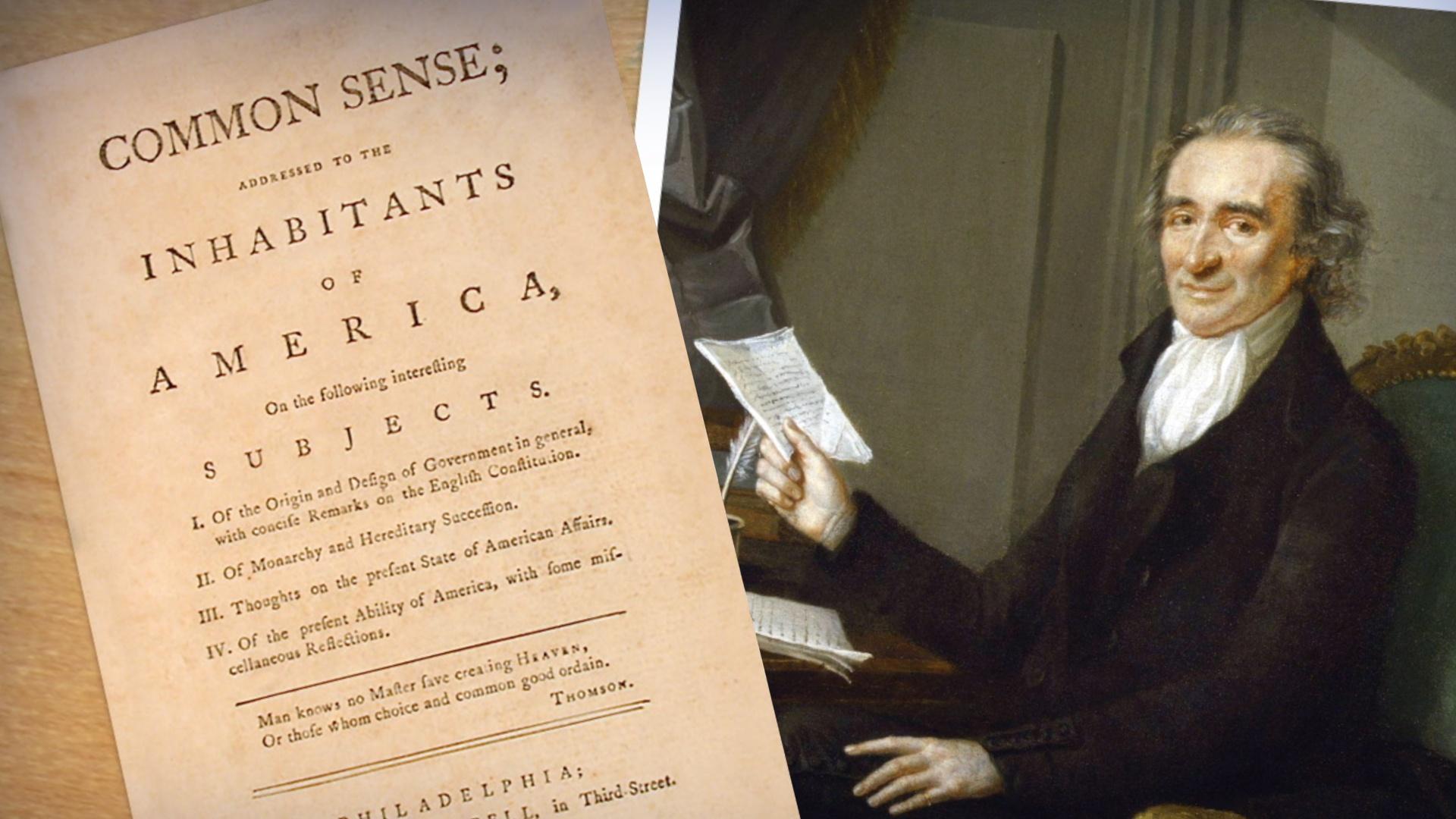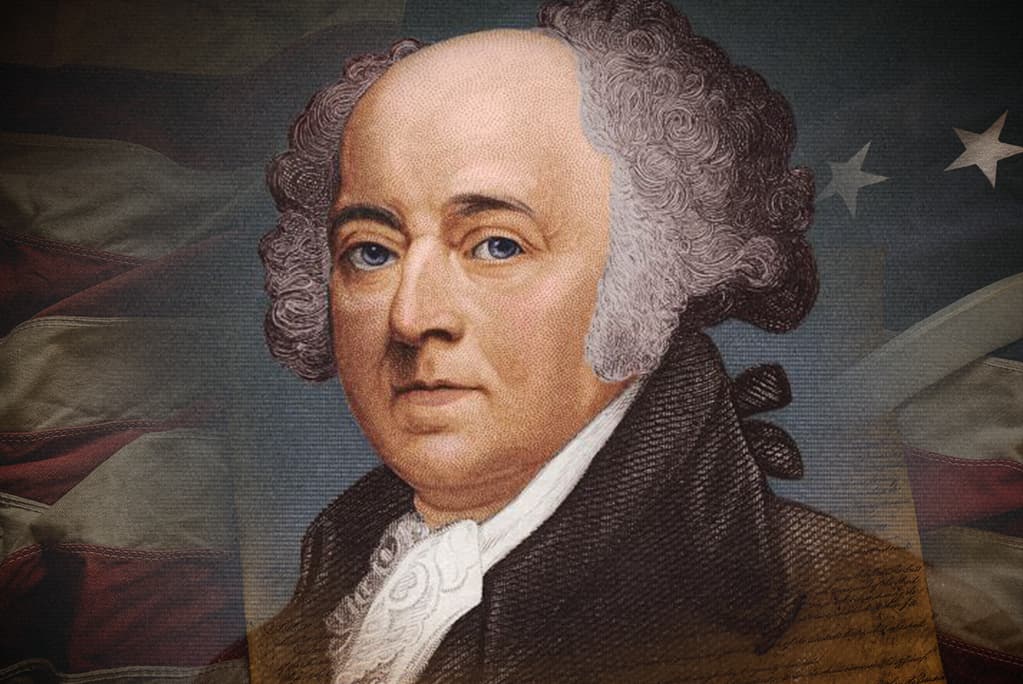Thomas Paine

Illustration of Thomas Paine, radical political writer and revolutionary thinker
Biography
Thomas Paine was born in England in 1737 to a poor Quaker corset-maker and an Anglican mother. He had only a few years of formal education, but what he lacked in schooling he made up for in wit, fire, and radical imagination. After a failed stint in government service and a failed business venture, Paine met Benjamin Franklin, who encouraged him to emigrate to America. He arrived just in time to witness a political powder keg—and decided to light the fuse.
In January 1776, Paine published 'Common Sense,' a pamphlet so persuasive and powerful it practically launched the American Revolution by itself. Written in plain language for the common reader, it called for independence, dismantled the logic of monarchy, and sold a nation on the idea that government should serve the people—not rule them. It sold over half a million copies in its first year, an unheard-of success for the 18th century.
Paine followed up with 'The American Crisis,' a series of essays that gave soldiers and citizens the words they needed to keep fighting: 'These are the times that try men’s souls.' His pen didn’t stop with the American cause—he later crossed the ocean to support the French Revolution, where he published 'Rights of Man' to defend liberty against monarchy and privilege. For his efforts, he was nearly executed during the Reign of Terror.
In prison, Paine began writing 'The Age of Reason,' a scathing critique of institutional religion that championed deism and scientific inquiry. The book turned many admirers into enemies, especially in post-revolutionary America, where Paine was vilified for attacking Christian dogma. Despite Jefferson’s friendship and brief hospitality at the White House, Paine’s final years in the U.S. were marked by poverty and public rejection.
Paine died in 1809 in New York City, with few mourners and no monuments. But his words live on. Paine wasn't just a revolutionary thinker—he was a democratic prophet, an abolitionist before it was fashionable, a champion of human rights before there were declarations to guarantee them. He taught us that when ideas are dangerous, they’re often exactly what the world needs.
Thomas Paine reminds us that history is shaped not just by generals or politicians—but by writers with guts. He showed that ideas, when spoken clearly and boldly, can tear down empires and build new nations. At a time when many whispered about reform, Paine shouted for revolution. He made political philosophy a public conversation and dared people to dream of a freer world. He is proof that a single voice, armed with truth, can change the fate of millions.
?
Why did Thomas Paine’s writing resonate so powerfully with ordinary people?
How did 'Common Sense' influence the timing and tone of the American Revolution?
Why did Paine’s reputation decline after the publication of 'The Age of Reason'?
What does Paine’s life reveal about the risks of speaking uncomfortable truths?
How does Paine’s idea of government by the people differ from today’s systems?
Why was Paine more celebrated in France than in the U.S. during his lifetime?
How did Paine’s deist beliefs shape his vision of human rights and liberty?
Dig Deeper
In 1776, Colonial America and Great Britain were at a breaking point. Enter Thomas Paine: the ultimate influencer of 1776 when his pamphlet, Common Sense, hit the cobblestone streets of Colonial America. In this video, you'll learn about why Thomas Paine believed that independence from Great Britain was necessary as you dive into the pages of his famous document.
Discover more

John Adams
As a lawyer, diplomat, political philosopher, and the second President of the United States, John Adams helped shape the very idea of American liberty.

Benjamin Franklin
Printer, publisher, scientist, inventor, diplomat, and philosopher, Benjamin Franklin shaped nearly every aspect of early American life.

Nelson Mandela
Nelson Mandela was a South African freedom fighter who spent 27 years in prison for resisting apartheid and became the country’s first Black president.
Further Reading
Stay curious!
